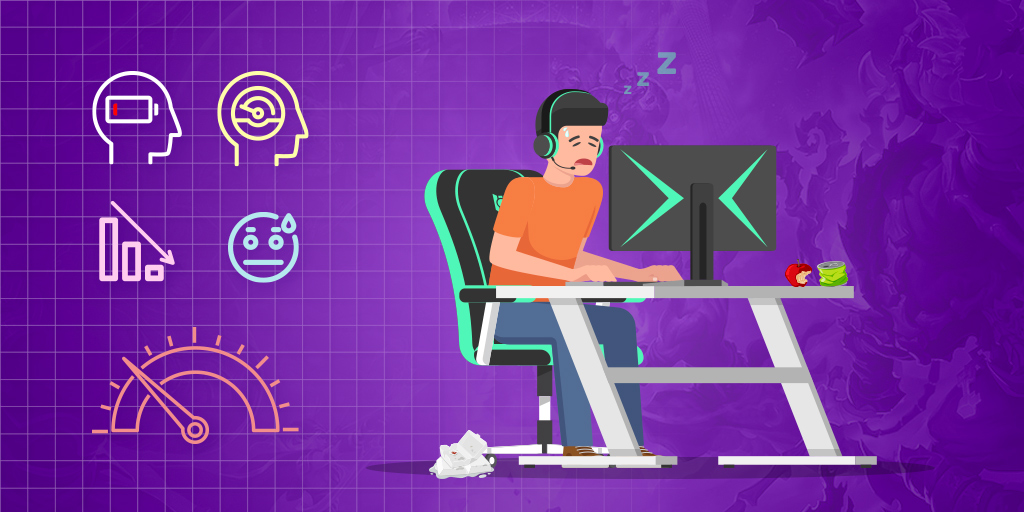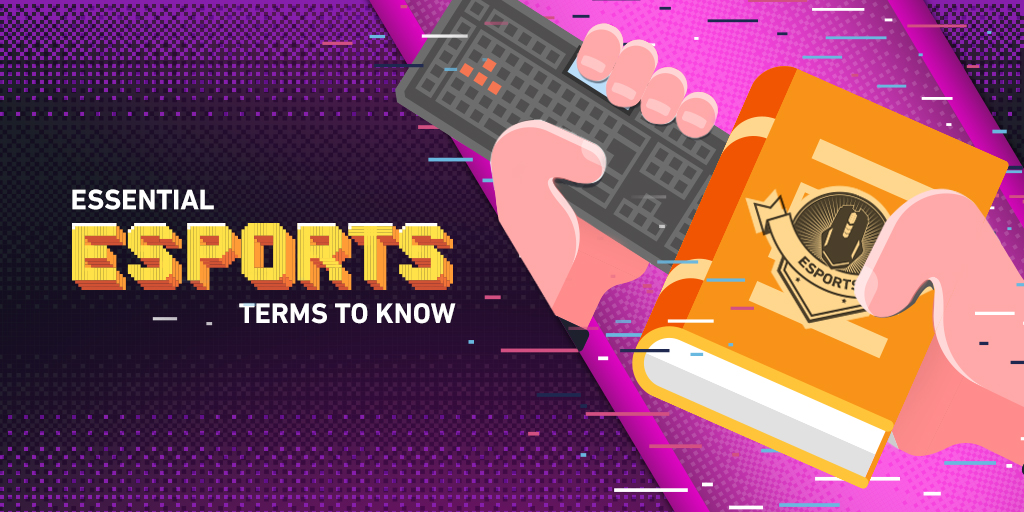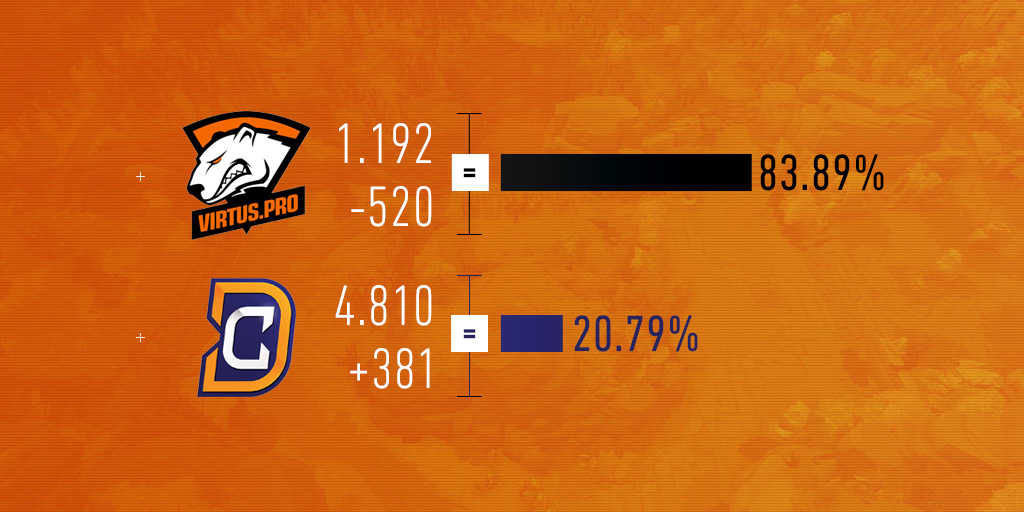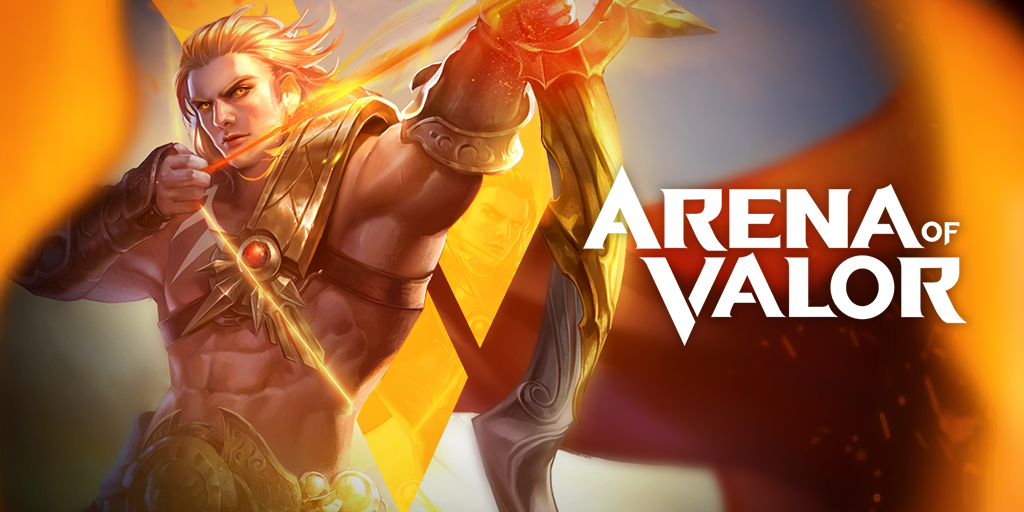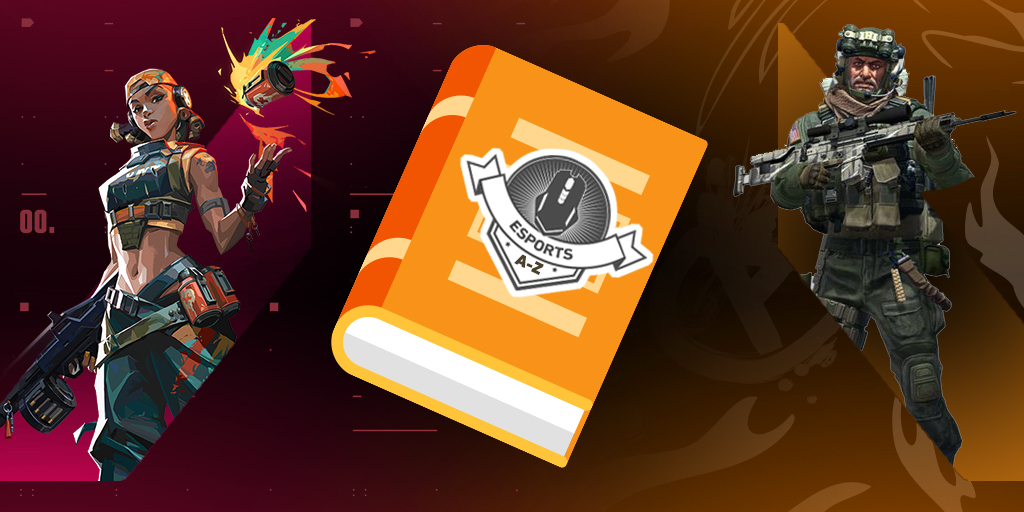Fatigue is a very prominent issue in CS:GO at the moment, with a number of top players recently taking prolonged breaks from competition. In his latest column, former professional player Mathieu “Maniac” Quiquerez lends his insight into how fatigue can affect a player’s performance.
Before we get into the thick of things, we need to address that fatigue can be both physical and mental and that performance can be considered in its individual dimension, but also with regards to its impact on a team.
Based on my experience as a professional, I will reflect on how fatigue impacts individual performances in terms of mechanic capabilities and decision making, but also how it weakens mental resilience. As a side note, I want to point out that there are people more qualified to talk about the precise neuro-physical mechanisms involved in fatigue and it is beyond the scope of this article to specifically describe them.
Insightful CS:GO Articles
Event previews, strategy articles and all the latest odds
Follow Pinnacle EsportsThe basics
Let us start with the core principle of Counter-Strike, a First Person Shooter, which is to best your opponent in an armed duel. You have to be quicker and more precise in order to come out ahead in a fight. Before anything else, fatigue will impair your sensorimotor reflexes and coordination. Bluntly said, your aim will be less accurate and you will be slower in your movements.
Looking back at the years I spent as a professional, the greatest and most inevitable consequence of fatigue is its impact on mental resilience.
If we risked ourselves with percentages and considered that one’s level decreases by only 5% when they are tired, this apparently small margin will prove a huge difference in a game of high intensity. Just like in tennis, where an absolutely capable professional player can get obliterated if they’re feeling a slight tension in their leg or are under the weather, one might get completely overrun in a game of CS:GO if their aim is just a tad off.
This is the most individualistic perspective we could take on a player’s performance. Zooming out a little bit, we can start to think about all the decisions that a player is required to make on the fly in a game of Counter-Strike; “Is my opponent defusing?”, “Should I go through this smoke?”, “How many other players are there defending this bombsite?” and so on.
All of these riddles need to be solved in real time and fatigue will definitely cloud their judgment, worsen their decision making and impair a player’s ability to integrate all external inputs coming from not only their point-of-view, but also from their teammates’ information.
- More from Maniac: The impact of moving to online CS:GO
Finally, considering how detailed and finely tuned the strategies are at the highest level of CS:GO, the slightest mishap in terms of timing or utility usage will ultimately result in failure. Playing at the top level also means being able to remember all tactics and roles that one needs to fulfil at any time. Needless to say, fatigue will improve the risk of forgetting one’s precise role in a strategy, as used to happen to me.
Mental resilience
When I look back at the years I have spent as a professional player, I can confidently say that the greatest and most inevitable consequence of fatigue is its impact on mental resilience. To put it simply, a match of Counter-Strike at the highest level will always be paved with moments of frustration.
It does not matter how prepared one’s team is, nor that one team is better than its opponent on paper. When giants clash, one of the metrics that I use on the analyst desk is a team’s ability to absorb frustrating rounds, such as a silly clutch lost, unlucky timing and other potentially random fails. This dimension is aggregated by the mental resilience of the full roster.
- Read: What makes a good IGL?
You could think of mental resilience as elastic - it is not an unlimited resource. People have different thresholds, and one could be able to absorb more while remaining calm and highly performing, but what affects everyone in the same way is that being tired lowers that threshold significantly. Maintaining a constructive and motivated attitude while suffering from fatigue is an extremely hard task.
Finding a balance
Even in the best shape, a career at the highest level of CS:GO is a mentally demanding prospect. You have to practice for numerous hours every day, during which you need to make the best of them to improve, reflect on your mistakes and consistently learn new strategies and roles. When the time finally comes to play a competitive fixture, how one handles pressure and achieves peak performance is often negatively correlated with fatigue.
I will not bury you with neuro-physical terminology, but dealing with stress is a challenge that becomes harder when one is tired. Standing too close to the elephant in the room and not being able to find some peace during a game or clairvoyant about what’s happening or why your team is losing are all consequences of mental fatigue.
This is one of the reasons why we always bring forth the argument of living a healthy life and its impact on performance. Performing at the highest level in CS:GO is extremely demanding and fatigue puts a shadow and a burden on almost every dimension of performance.

